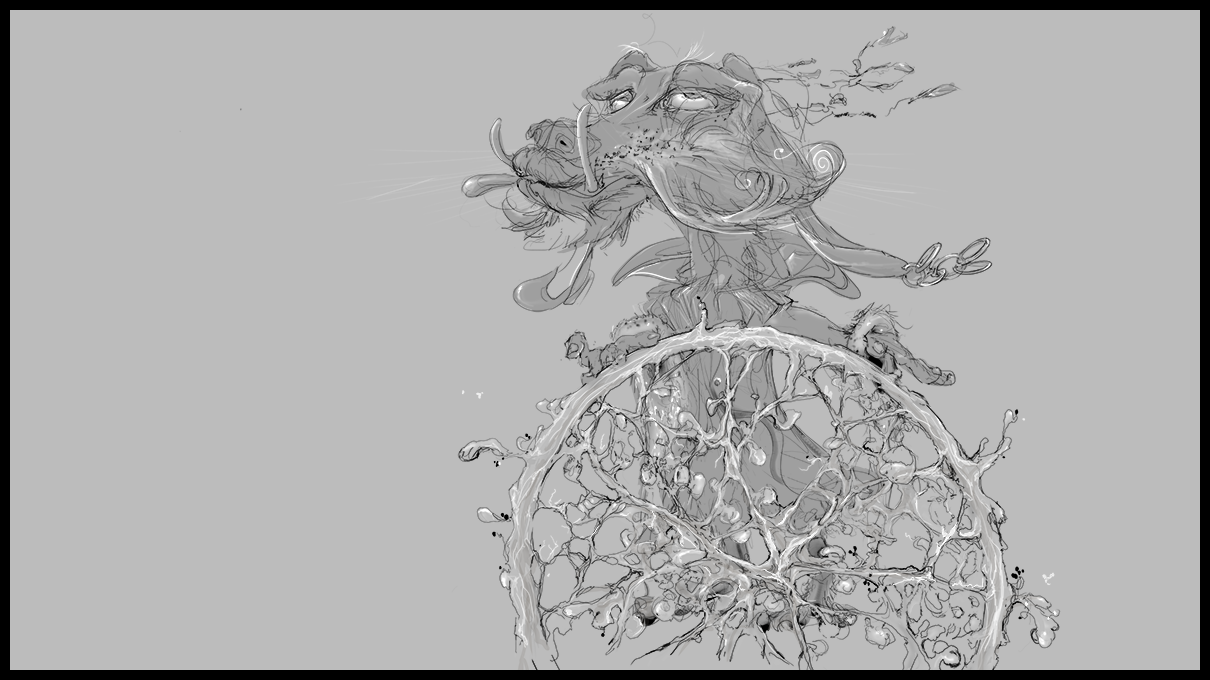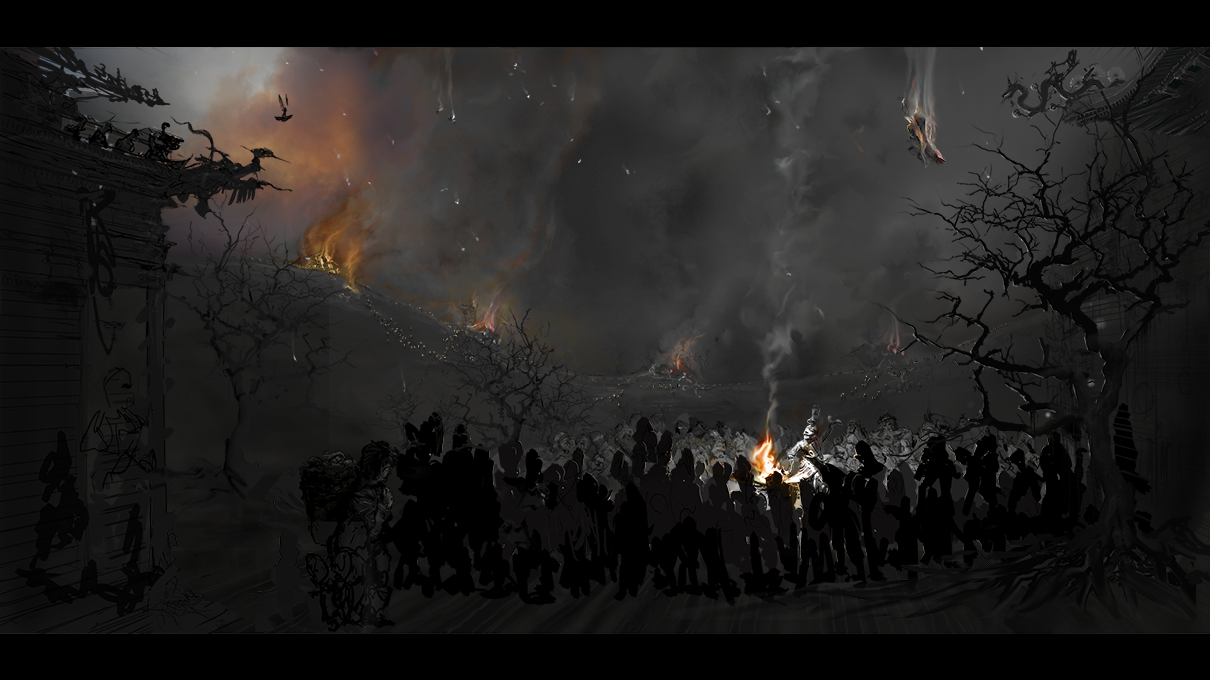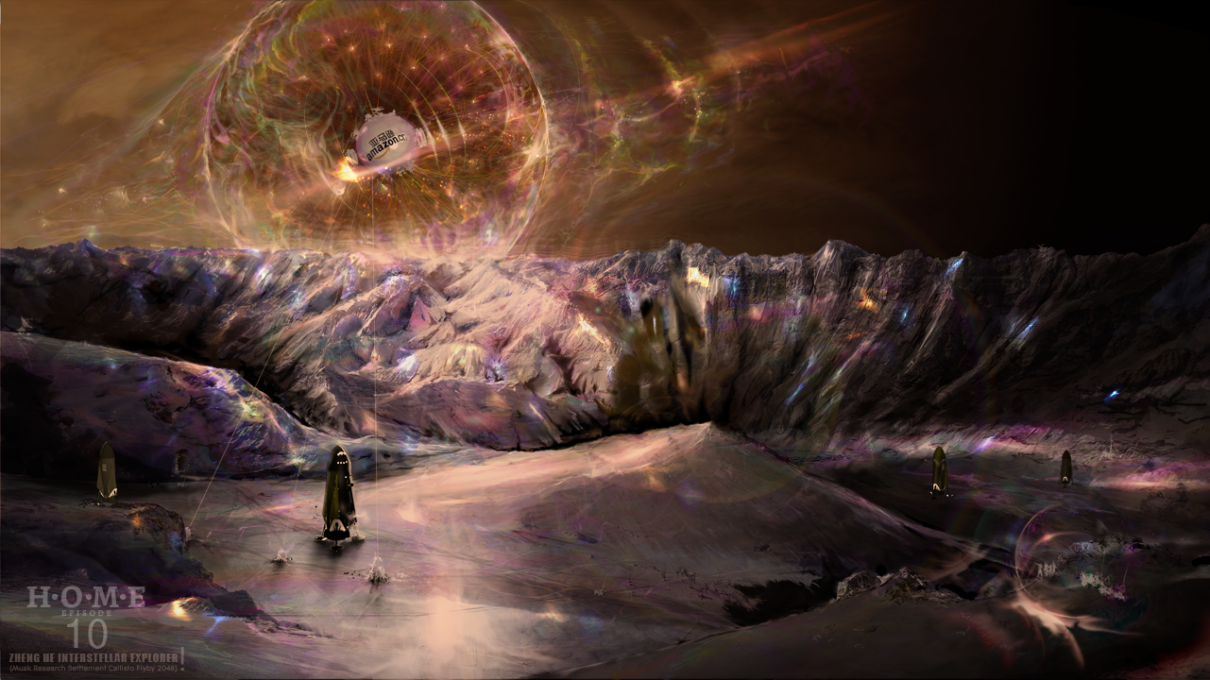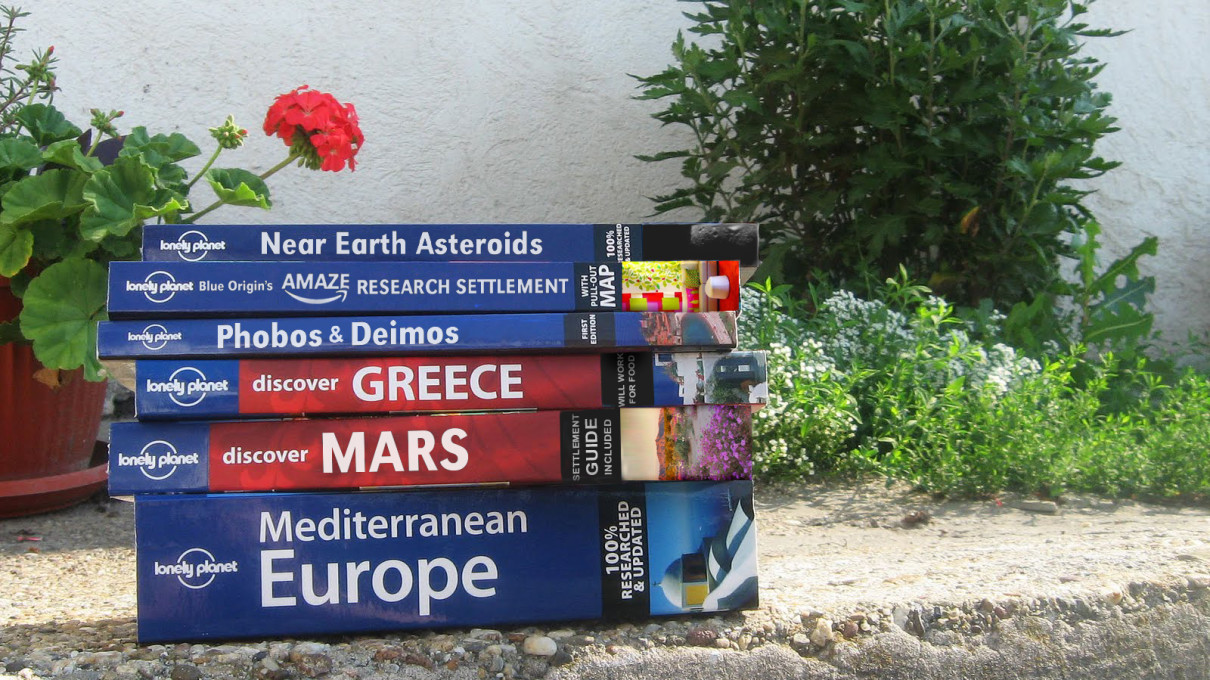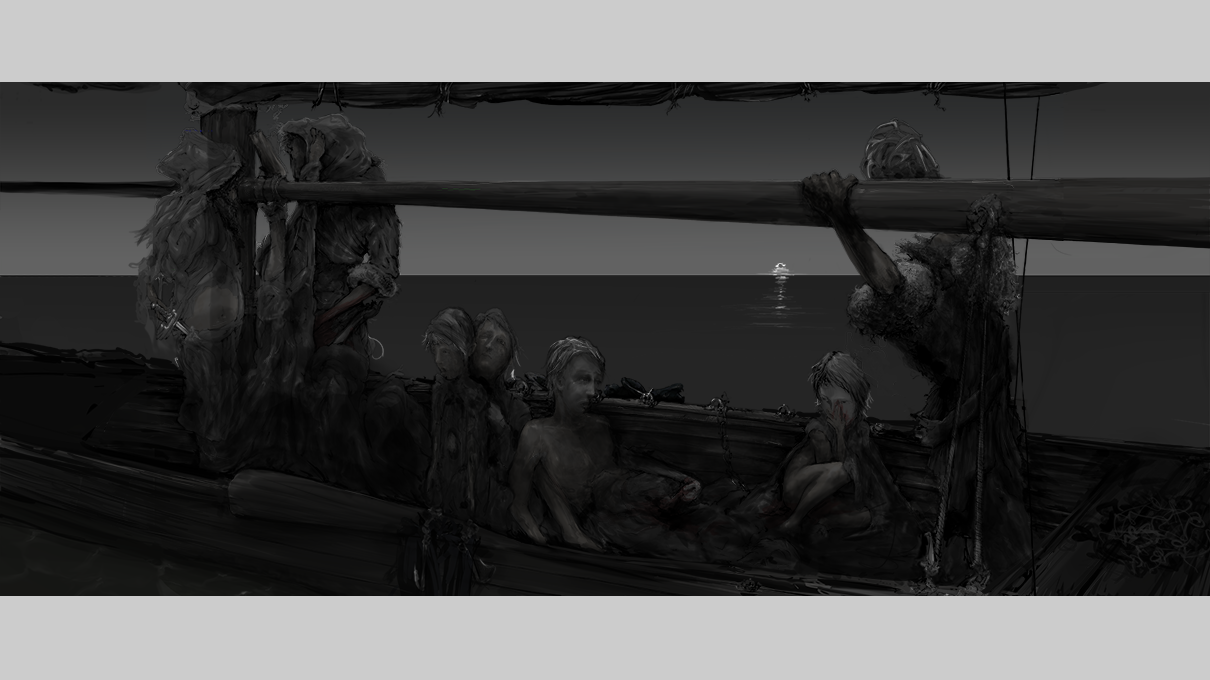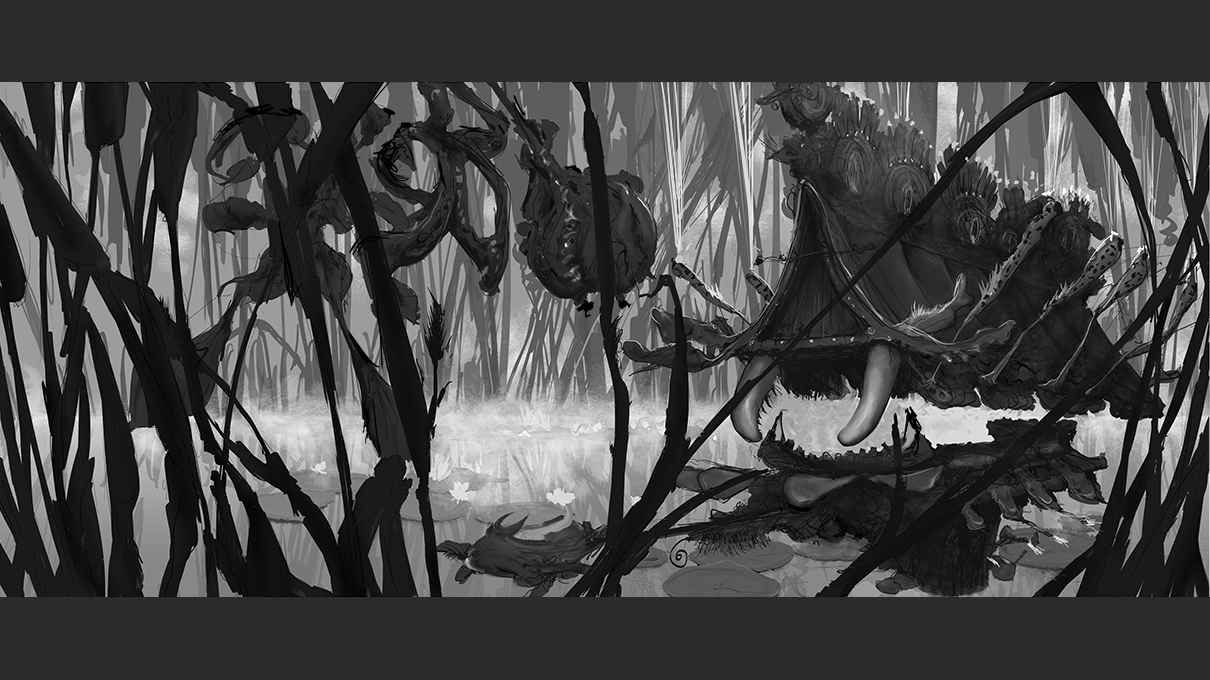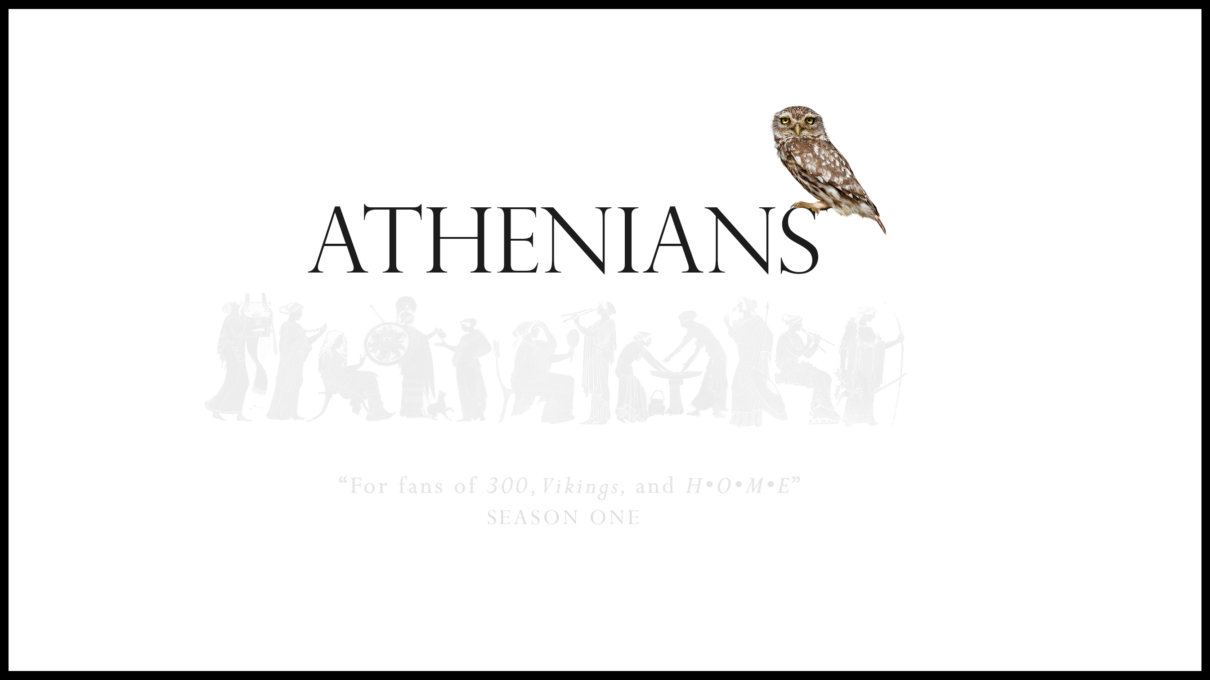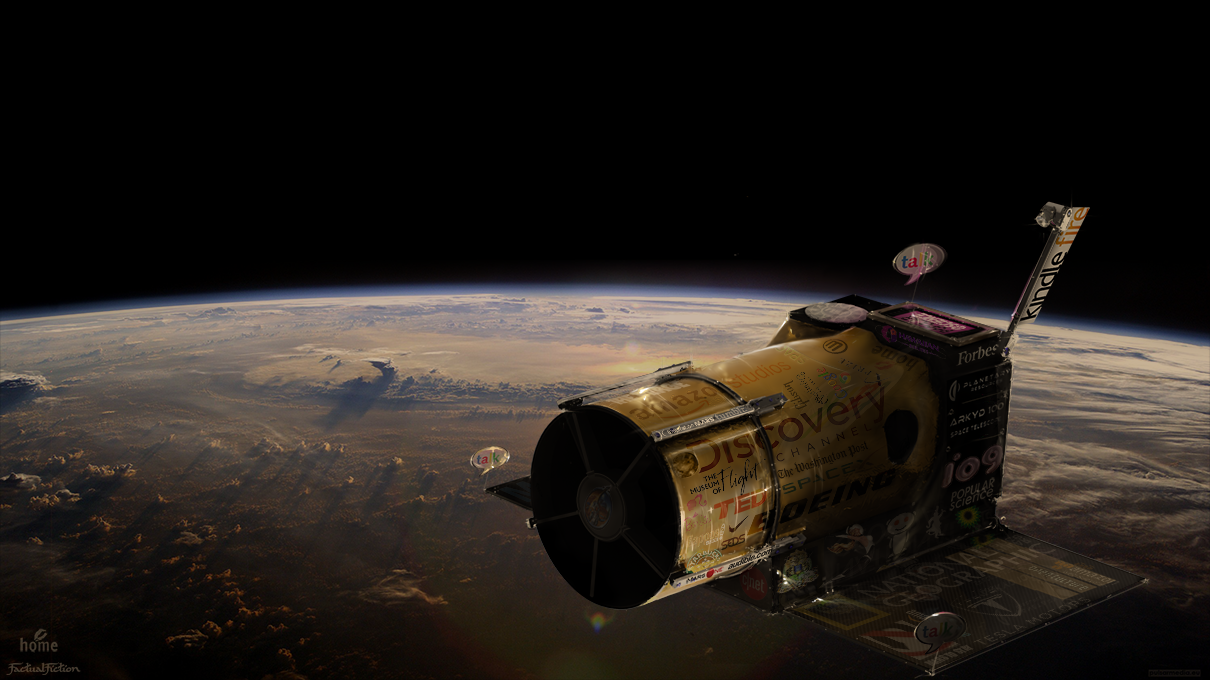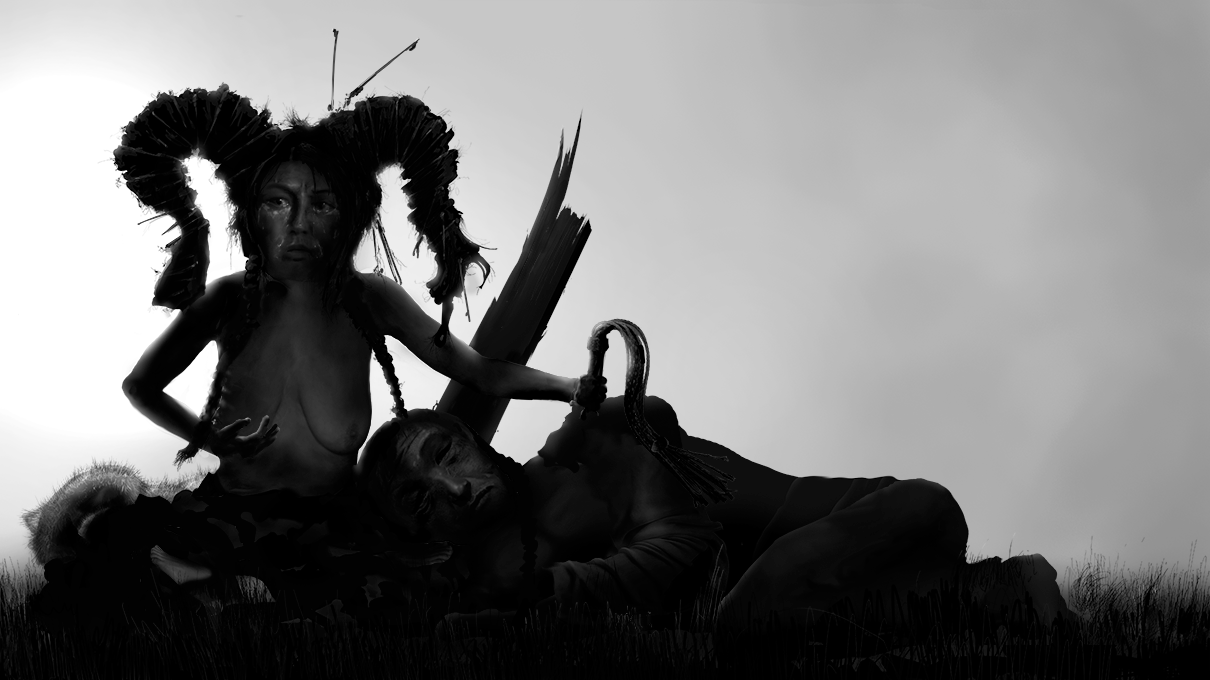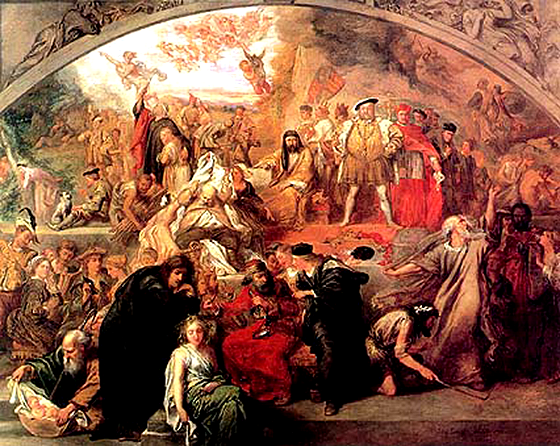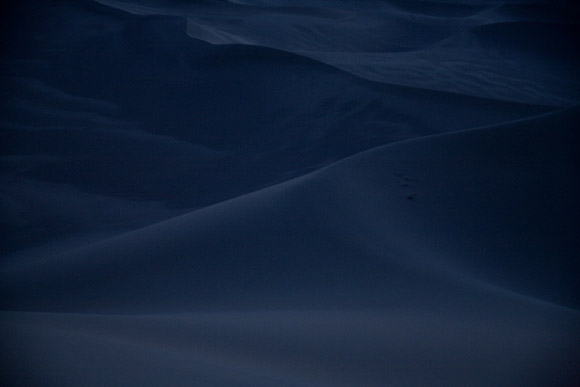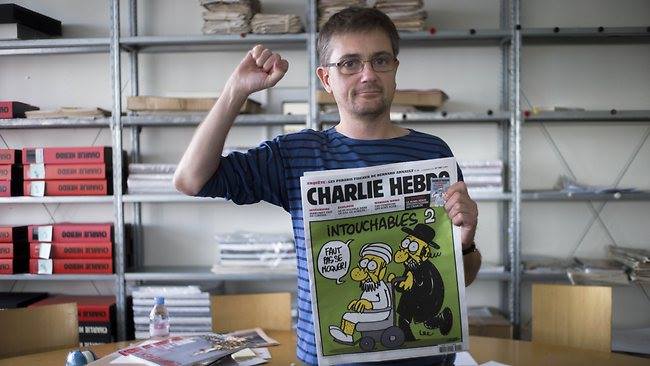
 https://www.facebook.com/media/set/?set=a.10153204752426754.1073741827.706436753&type=1&l=21ce8942e2
https://www.facebook.com/media/set/?set=a.10153204752426754.1073741827.706436753&type=1&l=21ce8942e2
But no one will ever be a genuine artist
unless a great human being and thus also a good one.
Marc Chagall
Imagination is everything. It is the preview of life's coming attractions.
Imagination embraces the entire world,
and everything there will be to know and understand.
Imagination points to all we might yet discover and create.
Albert Einstein
Be who you are and say what you feel because those who mind don't matter
and those who matter don't mind.
I ♥! Dr. Seuss
The future belongs to those who believe in the beauty of their dreams.
Eleanor Roosevelt
Stephen King on Substance Abuse and Creativity
 “The idea that the creative endeavor and mind-altering substances are entwined is one of the great pop-intellectual myths of our time. The four twentieth-century writers whose work is most responsible for it are probably Hemingway, Fitzgerald, Sherwood Anderson, and the poet Dylan Thomas. They are the writers who largely formed our vision of an existential English-speaking wasteland where people have been cut off from one another and live in an atmosphere of emotional strangulation and despair. These concepts are very familiar to most alcoholics. The common reaction to them is amusement. Substance abusing writers are just: substance abusers — common garden variety drunks and druggies, in other words. Any claims that drugs and alcohol are necessary to dull a finer sensibility are just the usual self-serving bullshit. I’ve heard alcoholic snowplow drivers make the same claim, that they drink to still the demons. It doesn’t matter if you’re James Jones, John Cheever, or a stew bum snoozing in Penn Station. For an addict the right to the drink or the drug of choice must be preserved at all costs. Hemingway and Fitzgerald didn’t drink because they were creative, alienated, or morally weak. They drank because it’s what alkies are wired up to do. Creative people probably do run a greater risk of alcoholism and addiction than those in some other jobs – but so what? We all look pretty much the same when we’re puking in the gutter.”
“The idea that the creative endeavor and mind-altering substances are entwined is one of the great pop-intellectual myths of our time. The four twentieth-century writers whose work is most responsible for it are probably Hemingway, Fitzgerald, Sherwood Anderson, and the poet Dylan Thomas. They are the writers who largely formed our vision of an existential English-speaking wasteland where people have been cut off from one another and live in an atmosphere of emotional strangulation and despair. These concepts are very familiar to most alcoholics. The common reaction to them is amusement. Substance abusing writers are just: substance abusers — common garden variety drunks and druggies, in other words. Any claims that drugs and alcohol are necessary to dull a finer sensibility are just the usual self-serving bullshit. I’ve heard alcoholic snowplow drivers make the same claim, that they drink to still the demons. It doesn’t matter if you’re James Jones, John Cheever, or a stew bum snoozing in Penn Station. For an addict the right to the drink or the drug of choice must be preserved at all costs. Hemingway and Fitzgerald didn’t drink because they were creative, alienated, or morally weak. They drank because it’s what alkies are wired up to do. Creative people probably do run a greater risk of alcoholism and addiction than those in some other jobs – but so what? We all look pretty much the same when we’re puking in the gutter.”
Screenwriting Podcasts

Franklin Leonard: Movies are a very special thing. Um, in, in, in contemporary life, there are very few times where we as a community or as a world or as people in any of those things sort of gather together and have a shared experience, um, you know, you, you see it in sporting events, you see it in live music, you see it in religion, you know whatever, depending upon what faith you are, one day a week you go into a room and you have a shared human experience with a bunch of people that you may or may not know, um, and, I think film is similar. You know, every friday night there’s a new movie, and you go to a theater, and with people you don’t know, and you have an experience – an emotional experience, if the movie is good – uh, and you leave the theater seeing the world maybe a little differently than when you came in. Um, I think, I think it’s a sacred responsibility. Um. The. The stories that you tell, the stories that you attempt to tell, the stories that make into film that are shared with the rest of the world – do have an effect. Um, it may not be an effect that’s knowable, um, but it all – but it is an effect that in aggregate is undeniable. And so I think it is really important that as writers write, you know, think about what you’re putting into the world and aspire for greatness because there is no point in doing it otherwise. (http://www.scriptsandscribes.com/2014/05/podcast-franklin-leonard/)
“Ums” and “Ahs” in this ‘factual fiction’ transcription are not meant to be disrespectful…
Respecting Writers
Craig: I have just general umbrage for the world of speeches that don’t acknowledge the writer. I think everyone’s speech should thank the writer. And why? Because we are first. You cannot figure out how to costume the actors if the writer hasn’t created the character, including very often the setting, the time period, what they kind of dress like, what they look like. You can’t do anything — you can’t find a location, you can’t produce a set, you can’t light it, you can’t shoot it, you can’t act it, you can’t cut it, the sounds. Every single person’s job is touched by the writer, every single one. The writer should be the first person they’re all thanking.
And it makes me crazy, crazy that at the very least the people who are speaking the words that the writer wrote specifically aren’t thanking us, but frankly I think the writer should be thanked by everyone. Everyone. I can’t help but feel that the writers aren’t being thanked because our existence somehow makes people feel insecure about what they’ve accomplished. And I want to just give everyone a big hug and say stop that. Stop it.
I don’t feel diminished by the fact that somebody had to perform this character. I can’t do it. I can’t do that. I don’t even know what lights, I don’t know how the lights work. They talk about these lights and I go, “Oh my god, it’s freaking wizardry that they know that you’re supposed to put a filter in a thing and put a light there instead of here.” I don’t understand any of it. And I’m okay with that. I love and respect everything that people do to make a movie happen. Why is it that other people should feel insecure and diminished by what we do?
Is it because we’re first? Is it because the screenplay has primacy? Maybe so. I will say this: the process for an Oscar-winning movie ends at the Oscars. And at the end of that process people get up and they accept awards for their role in making a movie. But you know how the process begins? We can’t pay a dollar to make a movie until we get a good script in.
“Well, we’re not going to be able to get a director unless we get a good script. Well, we can’t get an actor unless we get a good script.” And what are the actors, and the directors, and the financiers all say, “Well, it’s all about the script.” They’ll just say that. They will say it casually at the beginning of the process, verbatim. It’s all about the script. They say it like it’s the most obvious thing in the world, because it is. And then at the end of the process the script is gone. The writer is gone. And that has to stop.
How was that?
John: There was some umbrage there. I would want to also just have a discussion about what you may say up at the podium. And I think there’s basically two tracks you can choose when you’re up there accepting an award. If you are going to talk about how grateful you are for this journey, you’re going to thank the people who gave you the award. You’re going to say something about what it means, or something about sort of an aspiring message. I think that’s an absolutely valid choice. And I think you can go down that route and then take your statue and start to walk the wrong way off the stage and then get redirected and head the right way off the stage, like everyone does. and that’s absolutely great and fine.
But I think the moment you mention any filmmaker by name, anybody who was a part of making this film by name, you mention the director, you mention the producers, you mention this. That’s when you have to mention the writer. So, you can go two different paths and I think they’re both okay — mentioning none of the actual creative team. Fine. Mentioning the creative team. Great. But if you’re going to mention the creative team you have to include the writer, otherwise you’re just a dick and don’t be a dick.
Craig: Well said. And with much greater calm.
Full Transcript Here:
http://johnaugust.com/2014/scriptnotes-ep-134-so-many-questions-transcript
Tip…listen to Scripnotes at 2x speed or faster with their iOS app:
https://itunes.apple.com/us/app/scriptnotes/id739117984?mt=8
A (Nearly) Free Kindle Workflow
While the Kindle Paperwhite is a great lightweight device with near-infinite battery life for reading anywhere (even walking or at the gym), you can also pick up a Kindle app for free…there’s no need to buy a dedicated Kindle tablet (although they are discounted during the “National Reading Month” of March and radically expand your reading opportunities):
http://www.amazon.com/gp/feature.html?docId=1000493771
 By using a kindle workflow it is easy to read, store, and annotate digital text anywhere on any device, forever, from your own personal archive, including such free books as this miracle from Amazon: translations of Petrarch’s sonnets by many different poets through the centuries…available here:
By using a kindle workflow it is easy to read, store, and annotate digital text anywhere on any device, forever, from your own personal archive, including such free books as this miracle from Amazon: translations of Petrarch’s sonnets by many different poets through the centuries…available here:
http://www.amazon.com/Sonnets-Triumphs-Other-Poems-Petrarch-ebook/dp/B0084C6GEA/
 With the free ‘Send to Kindle’ app you can archive all of your eBooks and PDF scripts in the cloud (available for free from sources such as Lee Thompson’s Script Archive and Scridx.com):
With the free ‘Send to Kindle’ app you can archive all of your eBooks and PDF scripts in the cloud (available for free from sources such as Lee Thompson’s Script Archive and Scridx.com):
http://www.amazon.com/gp/sendtokindle
 Finally there is also a ‘Send to Kindle’ browser-plugin for Chrome to permanently archive html (from sources such as Luminarium, Renascence Editions, and Elizabethan Authors):
Finally there is also a ‘Send to Kindle’ browser-plugin for Chrome to permanently archive html (from sources such as Luminarium, Renascence Editions, and Elizabethan Authors):
http://www.amazon.com/gp/sendtokindle/chrome
Role Model to Superheroes: Elon Musk’s Work Ethic
Echoes of Shakespeare
For those interested in experiencing Shakespeare by way of his predecessors
these resources may be a start…

1597 translation of Ovid’s Metamorphosis by Arthur Golding
https://archive.org/details/shakespearesovid00oviduoft
Petrarch’s Lyric Poems
http://www.amazon.com/Petrarchs-Lyric-Poems-Sparse-Lyrics/dp/0674663489/
Tottel’s Miscellany
https://archive.org/details/cu31924095909093 
Philip Sidney, Astrophel and Stella
https://archive.org/details/sirpshisastroph00sidngoog 
“Chop Bard” Down to Earth Shakespeare…
http://chopbard.com/
$2 Collected Works of Poets Formatted for eReaders
http://www.delphiclassics.com/ Homer’s Iliad, translated by George Chapman in 1598
Homer’s Iliad, translated by George Chapman in 1598
https://archive.org/details/iliadhome00homeuoft
England’s Helicon
https://archive.org/details/englandsheliconc00bulliala

Virgil’s The Aeneid
http://www.audible.com/pd/Classics/The-Aeneid-Audiobook/B0030313BO
 Plutarch’s Lives (North translation)
Plutarch’s Lives (North translation)
http://oll.libertyfund.org/index.php?option=com_staticxt&staticfile=show.php&title=1802
 Shakespeare’s Sonnets…
Shakespeare’s Sonnets…
http://www.gutenberg.org/ebooks/1041
 http://en.wikipedia.org/wiki/List_of_years_in_poetry
http://en.wikipedia.org/wiki/List_of_years_in_poetry
http://en.wikipedia.org/wiki/Portal:Poetry
Eric Machmer: By imagination we live!
Scriptnotes Episode 120: “Stop Getting High”
Craig: I think twenty-somethings just get way higher than we ever did. They just –
John: That may be true.
Craig: They just get high all the time. Our generation obviously got high and still gets high. And drinks. And drank and still drinks. But weed in and of itself, when we were in our twenties you could get arrested, you know? [laughs] Like I had to hide it. You really can’t now. There’s not a — and I actually like that. I believe that marijuana should be legalized.
However, I also believe that if you want to be — and this is what I told this person — stop getting high. If you want to write a screenplay, stop it. You want to get high Friday night through Sunday afternoon? Go for it. But this is a job that to me at least requires an enormous amount of sobriety. Even the famous writers who were notoriously drunk –
There was an interesting article recently. A lot of them found that they were most productive when they were writing through hangovers. It was in the aftermath of the drinking and the abuse. But, it’s romantic to think that you can get high and write the best stuff of your life.
I don’t think it works at all.
John: Well, in a general sense let’s talk about writers and drugs, because I think it’s actually a fascinating topic. The writers who get high because getting high reduces their inhibitions and makes the words flow or whatever, that was never me, and it’s not the experience I’ve noticed from any of my writer colleagues who sort of of my cohort. So, it’s entirely possible that this next generation that’s rising up to replace us, they are tremendously successful at writing while high and I’m just completely missing it. That same way that like I kind of didn’t understand why anyone would have a manager, then Justin Marks explaining why writers have managers.
So, it’s entirely possible that I’m wrong. But I kind of don’t think I’m wrong. Because my experience of being around people who get high a lot is that either you can do two things. You can use it as a crutch. Basically like, well, I can’t write because I’m not high, and I’m always high when I write. That’s tremendously challenging when you’re in any situation where you can’t get high. Where you’re actually in a room working on something and that becomes your thing. It’s like having this weird thing where you can only write when the sun is streaming through the window one certain way and any other way it won’t work. That’s bad. That’s not going to be useful to you.
The other thing I would say is that most of the people I know who get high a lot, their ambition just sort of dissipates a bit. And without ambition, I don’t think you’re going to be able to generate the quantity and quality of work it’s going to take to really make a screenwriting career.
Craig: I agree. I think that it’s important for me to point out that my experience of my cohorts is exactly the same as yours. I don’t know one single successful writer who has maintained a career who continues to abuse drugs or alcohol. I know some that have, and gotten over it, but I don’t know any that continue to do it as a matter of practice and can still function through it. I also think that the problem with writing while you’re high is that you’re not writing. The whole point of getting high is to alter your consciousness, which is fun.
It’s totally fun. Drinking is fun. And getting high is fun. I get it. But it’s about expanding your consciousness, and letting go of who you are for awhile, and when you come back from it, perhaps you can come back with something that you’ve learned about yourself. But then you’re not writing. There’s a you and it’s the sober you. I don’t know how else to put it.
John: I would agree with you. Writing is really hard. And so I think some of the instinct behind using something like pot or people who are using Provigil or Ritalin or other sort of stimulant things, helps them sort of focus in on what they’re doing, it’s an attempt to make something that’s inherently hard feel easier. But in making it feel easier, it’s unlikely that you’re going to find great success in that solution.
If you’re on one of these, if you take Ritalin or whatever, you may pile through more pages. The odds that they’re going to be awesome pages are very, very small.
Craig: Yeah. Yeah.
John: And I would also say the same with pot. You may write a few good sentences, but it’s unlikely you’re going to get the work done that needs to get done.
Craig: No, screenwriting is rigorous. It requires enormous attention. To me, writing while altered is right up there with directing while altered. Or driving. And I’m taking away even the aspect of how dangerous that would be for other people, yourself physically. I mean to say your just not very good at it.
It’s something that requires focus, and attention, and intention, and thought. And the whole point of getting high is to make some of that stuff go away. You know, beyond caffeine and, you know, cigarette, you know, if you feel like hurting your lungs.
But, yeah, just no. Don’t. I think culturally speaking I was a little taken aback, not in a judgmental way, but more in a, huh, I think this is probably going on more than you and I realize.
John: I would agree.
Craig: So, advice here is stop. I don’t think it’s going to help you.
John: Yeah. And so I want to phrase it as this is not a moral judgment about sort of whatever substances you want to consume. Just in my experience looking at sort of historical record of people I know who have succeeded and got stuff done, none of the people I know who have succeeded and really gotten a lot of stuff done have been using stuff frequently to do it.
Craig: Totally.
John: Beyond the exact examples that you list, which are caffeine, which is getting you up and getting your focused through that next bit. And some people do smoke. But not that many people smoke now. Even Craig Mazin doesn’t smoke now.
Craig: Yeah, it’s an occasional, you know. The guy that needs to smoke a cigar every day while you’re writing. Great. Worked for Mark Twain. And really caffeine and nicotine or sort of two peas in a pod. But, you know, totally agree with you. This is not judgmental. I believe all drugs should be legal. I’m very libertarian about that. And I don’t care what you do when you you’re not writing. But, I do want you to be writing, not high or drunk you.
John: Yeah. That’s very important. And I will also say that I’m not discounting the fact that some people have special challenges and their brains are not working right, and so this is really talking about an otherwise healthy person who is trying to write a screenplay.
If you are a person who is sort of not overall healthy in life and needs some other antidepressant or whatever else, go do that and take care of yourself first. So, that’s not like a blanket statement against all drugs or any medication that could help a person.
But specifically taking something in order to get yourself to start writing is not my advice to you.
Craig: Agreed.
Full transcript available here:
http://johnaugust.com/2013/scriptnotes-ep-120-lets-talk-about-coverage-transcript
Tip…listen to Scripnotes at 2x speed or faster with their iOS app:
https://itunes.apple.com/us/app/scriptnotes/id739117984?mt=8
Imr El Kais: Ode (Translated by Lady Anne and Wilfrid Scawen Blunt)
Ode
Weep, ah weep love’s losing, love’s with its dwelling-place
set where the hills divide Dakhuli and Haumali.
Tudiha and Mikrat! There the hearths-stones of her
stand where the South and North winds cross-weave the
sand-furrows.
See the white-doe droppings strewn by the wind on them,
black on her floors forsaken, fine-grain of peppercorns.
Here it was I watched her, lading her load-camels,
stood by these thorn-trees weeping tears as of colocynth.
Here my twin-friends waited, called to me camel-borne:
Man ! not of grief thou diest. Take thy pain patiently.
Not though tears assuage thee, deem it beseemeth thee
thus for mute stones to wail thee, all thy foes witnesses.
What though fortune flout thee! Thus Om Howeyrith did,
thus did thy Om Rebabi, fooled thee in Masali.
O, where these two tented, sweet was the breath of them,
sweet as of musk their fragrance, sweet as garanfoli.
Mourned I for them long days, wept for the love of them,
tears on my bosom raining, tears on my sword-handle.
Yet, was I unvanquished. Had I not happiness,
I, at their hands in Daret, Daret of Juljuli?
O that day of all days! Slew I my milch-camel,
feasted the maidens gaily: well did they load for me!
Piled they high the meat-strings. All day they pelted me,
pelted themselves with fatness, fringes of camel-meat.
Climbed I to her howdah, sat with Oneyzata,
while at my raid she chided: Man ! Must I walk afoot?
Swayed the howdah wildly, she and I close in it:
There! my beast’s back is galled now. Slave of Grief,
down with thee.
Answered I: Nay, sweet heart, loosen the rein of him.
Think not to stay my kisses. Here will I harvest them.
Grieve not for thy camel. Grudge not my croup-riding.
Give me and thee to taste things sweeter than clove-
apples,
Kisses on thy white teeth, teeth, nay the pure petals,
even and clean and close-set, wreathing a camomile.
Wooed have I thy equals, maidens and wedded ones.
Her, the nursling’s mother, did I not win to her?
What though he wailed loudly, babe of the amulets,
turned she not half towards him, half of her clasped to me?
Woe is me, the hard heart! How did she mock at me,
high on the sand-hill sitting, vowing to leave and go!
Fatma, nay, my own love, though thou wouldst break with
me,
still be thou kind awhile now, leave me not utterly.
Clean art thou mistaken. Love is my malady.
Ask me the thing thou choosest. Straight will I execute.
If so be thou findest ought in thy lover wrong,
cast from thy back my garments, moult thee my finery.
Woe is me, the hard heart ! When did tears trouble thee,
save for my soul’s worse wounding, stricken and near to
die?
Fair too was that other, she the veil-hidden one,
howdahed how close, how guarded! Yet did she welcome
me.
Passed I twixt her tent-ropes : what though her near-of-kin
lay in the dark to slay me, blood-shedders all of them.
Came I at the mid-night, hour when the Pleiades
showed as the links of seed-pearls binding the sky’s
girdle.
Stealing in, I stood there. She had cast off from her
every robe but one robe, all but her night-garment.
Tenderly she scolded : What is this stratagem?
Speak, on thine oath, thou mad one. Stark is thy
lunacy.
Passed we out together, while she drew after us
on our twin track to hide it, wise, her embroideries,
Fled beyond the camp-lines. There in security
dark in the sand we lay down far from the prying eyes.
By her plaits I wooed her, drew her face near to me,
won to her waist how frail-lined, hers of the ankle-rings.
Fair-faced she no redness noble of countenance,
smooth as of glass her bosom, bare with its necklaces.
Thus are pearls yet virgin, seen through the dark water,
clear in the sea-depths gleaming, pure, inaccessible.
Coyly she withdraws her, shows us a cheek, a lip,
she a gazelle of Wujra: yearling the fawn with her.
Roe-like her throat slender, white as an ariel’s,
sleek to thy lips up-lifted : pearls are its ornament.
On her shoulders fallen thick lie the locks of her,
dark as the dark date – clusters hung from the palm –
branches.
See the side-plaits pendent, high on the brows of her,
tressed in a knot, the caught ones fast with the fallen
ones.
Slim her waist: a well-cord scarce has its slenderness.
Smooth are her legs as reed-stems stripped at a water-
head.
The morn through she sleepeth, musk-strewn in indolence,
hardly at noon hath risen, girded her day dresses.
Soft her touch: her fingers fluted as water- worms,
sleek as the snakes of Thobya, tooth-sticks of ‘Ishali.
Lighteneth she night’s darkness, ay, as an evening lamp
hung for a sign of guidance lone on a hermitage.
Who but shall desire her, seeing her standing thus,
half in her childhood’s short frock, half in her woman’s
robe !
Strip thee of youth’s fooling, thou in thy manhood’s
prime.
Yet to her love be faithful: hold it a robe to thee.
Many tongues have spoken, warned me of craft in love.
Yet have they failed an answer: all were thine enemies.
Dim the drear night broodeth: veil upon veil let down,
dark as a mad sea raging, tempting the heart of me.
Spake I to Night stoutly, while he, a slow camel,
dragged with his hind-feet halting: gone the forehand of
him.
Night! I cried, thou snail Night, when wilt thou turn to
day?
When? Though in sooth day’s dawning worse were than
thou to me.
Sluggard Night, what stays thee ? Chained hang the stars
of thee,
fast to the rocks with hempen ropes set un-movable.
Water-skins of some folk ay, with the thong of them
laid on my naga’s wither borne have I joyfully,
Crossed how lone the rain-ways, bare as an ass-belly:
near me the wolf, starved gamester, howled to his
progeny.
Cried I: Wolf, thou wailest. Surely these lives of ours,
thine and my own, go empty, robbed of prosperity.
All we won we leave here. Whoso shall follow us,
seed in our corn-track casting, reap shall he barrenness.
Rode I forth at day-dawn–birds in their nests asleep–
stout on my steed, the sleek coat, him the game-
vanquisher.
Lo, he chargeth, turneth–gone is he–all in one, like
to a rock stream-trundled, hurled from it’s eminence.
Red-bay he—his loin-cloth chafing the ribs of him.
Shifts as a rain-stream smoothing stones in a river-bed.
Hard is he–he snorteth loud in the pride of him, fierce
as a full pot boiling, bubbling beneath the lid.
Straineth he how stoutly, while, as spent fishes swim,
tied to his track the fleet ones plow his steps wearily.
See, in scorn he casteth youth from the back of him,
leaveth the horseman cloakless, naked the hard-ride.
As a sling-stone hand-whirled, so is the might of him,
loosed from the string that held it, hurled from the
spliced ribbon.
Lean his flanks, gazelle-like, legs as the ostrich’s; he like
a strong wolf troteth; lithe as a fox-cub he.
Stout his frame; behind him, look, you shall note of him
full-filled the hind-leg gap, tail with no twist in it.
Polished, hard his quarters, smooth as the pounding-
stone used for a bridegroom’s spices, grind-slab of
colocynth.
As the henna juice lies dyed on a beard grown hoar, so
on his neck the blood-stains mark the game down-
ridden.
Rushed we on the roe-herd. Sudden, as maids at play
circling in skirts low-training, forth leaped the does
of it.
Flashing fled they, jewels, shells set alternately on a
young gallant’s neck-string, his the high pedigreed.
Yet he gained their leaders, far while behind him lay
bunched in a knot the hindmost, ere they fled scatter-
wise.
‘Twixt the cow and bull herds held he in wrath his road;
made he of both his booty–sweatless the neck of
him.
All that day we roasted, seethed the sweet meat of them,
row upon row in cauldrons, firelighters all of us.
Nathless home at night-fall, he in the fore-front still.
Where is the eye shall bind him? How shall it follow
him?
The night through he watcheth, scorneth him down to
lay, close, while I sleep, still saddled, bridled by side
of me.
Friend, thou seest the lightning. Mark where it
wavereth, gleameth like fingers twisted, clasped in
the cloud-rivers.
Like a lamp new-lighted, so is the flash of it, trimmed
by a hermit nightly pouring oil-sesame.
Stood I long a watcher, twin-friends how dear with me,
till in Otheyb it faded, ended in Dariji.
By it’s path we judged it: rain over Kattan is; far in
Sitar it falleth, streameth in Yathoboli.
Gathereth gross the flood-head dammed in Kuteyfati.
Woe to the trees, the branched ones! Woe the kanah-
boli!
El Kanaan hath known it, quailed from the lash of it.
Down from their lairs it driveth hot foot the ibexes.
Known it too hath Teyma; standeth no palm of her
there, nor no house low-founded,–none but her rock-
buildings.
Stricken stood Thabira whelmed by the rush of it, like
an old chief robe-folded, bowed in his striped mantle.
nay, but he Mujeymir, tall-peaked at dawn of day,
showed like a spinster’s distaff tossed on the flood-
water.
Cloud-wrecked lay the valley piled with the load of it,
high as in sacks the Yemami heapeth his corn-
measures.
Seemed it then the song-birds, wine-drunk at sun-rising,
loud through the valley shouted, maddened with
spiceries,
While the wild beast corpses, grouped like great bulbs
up-torn, cumbered the hollow places, drowned in the
night-trouble.

